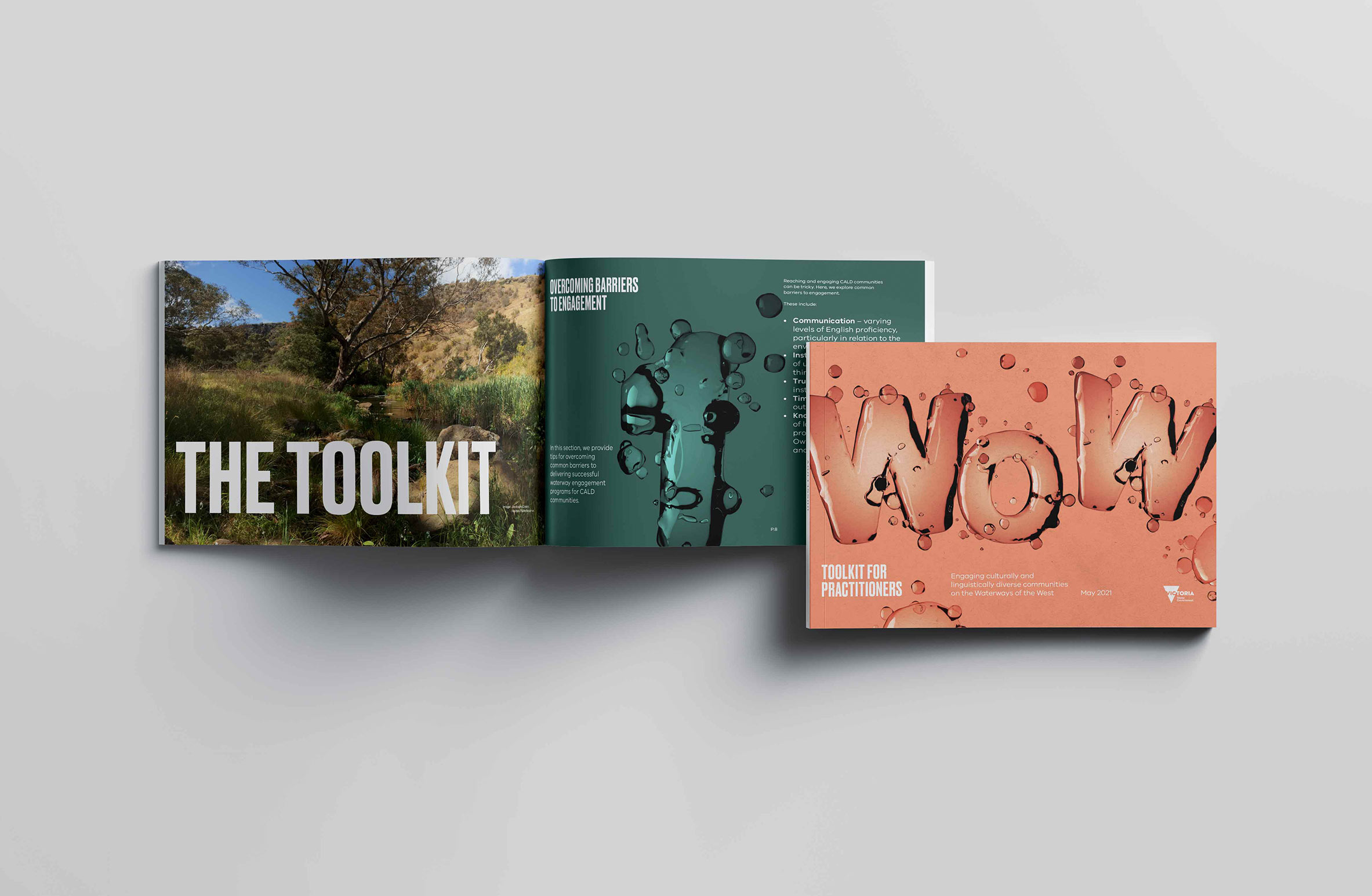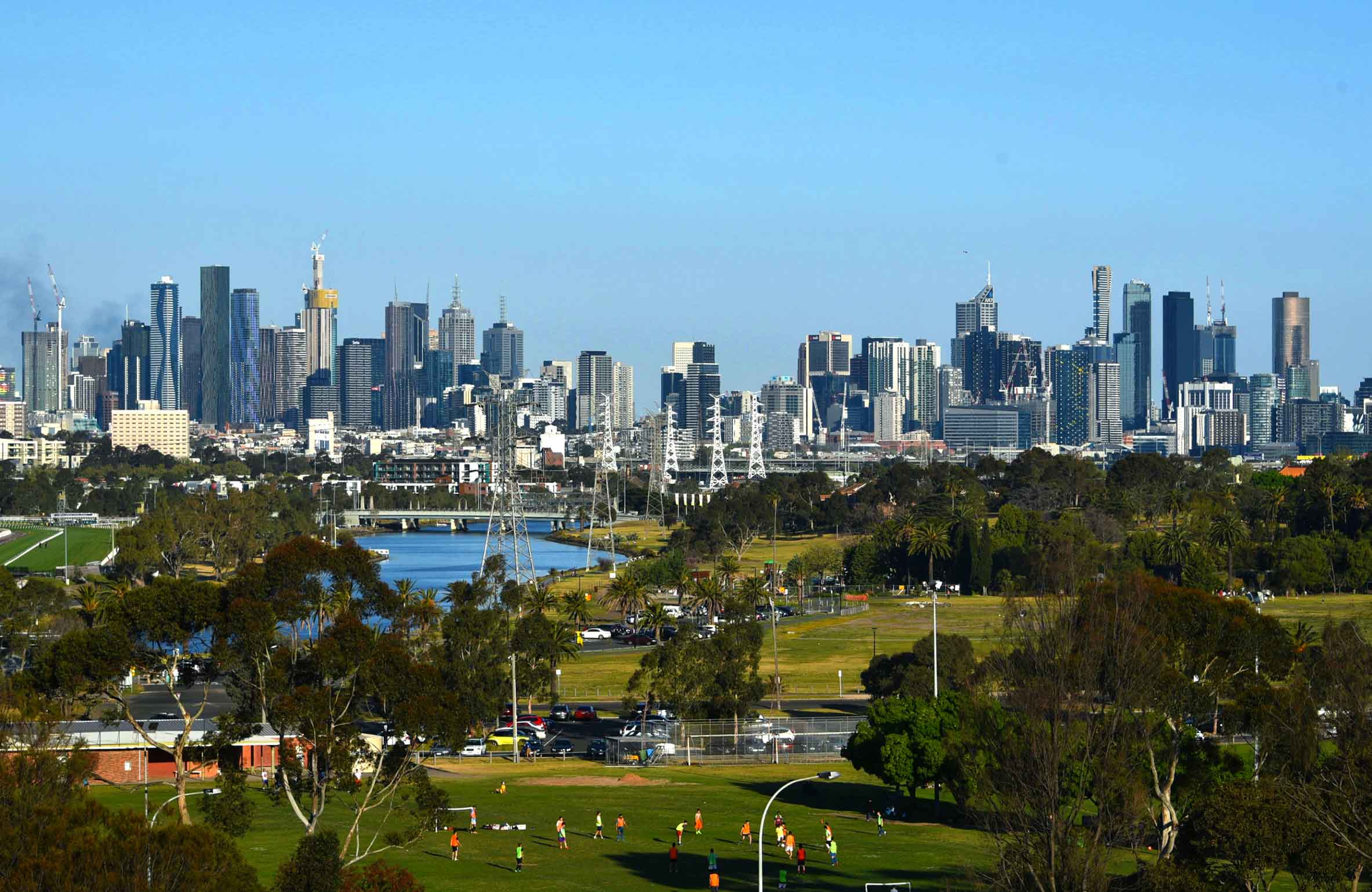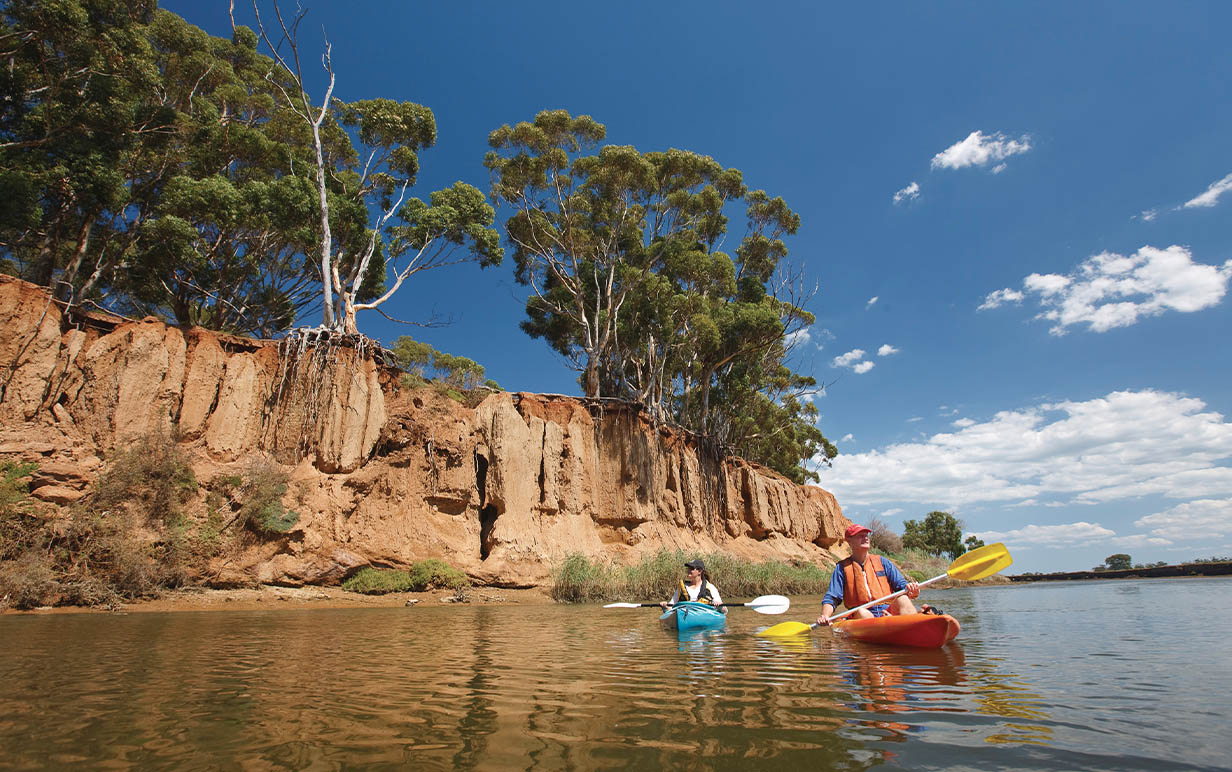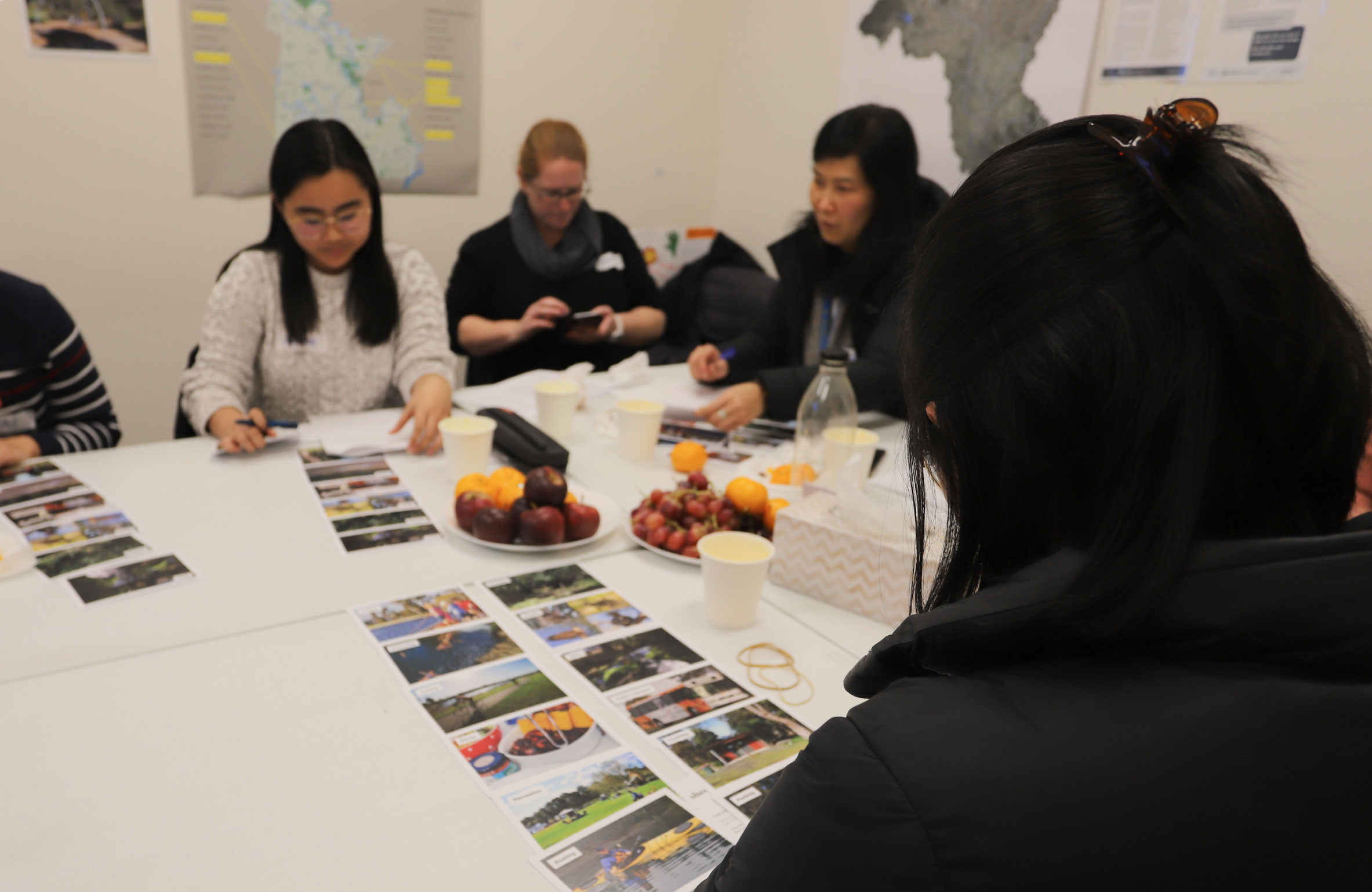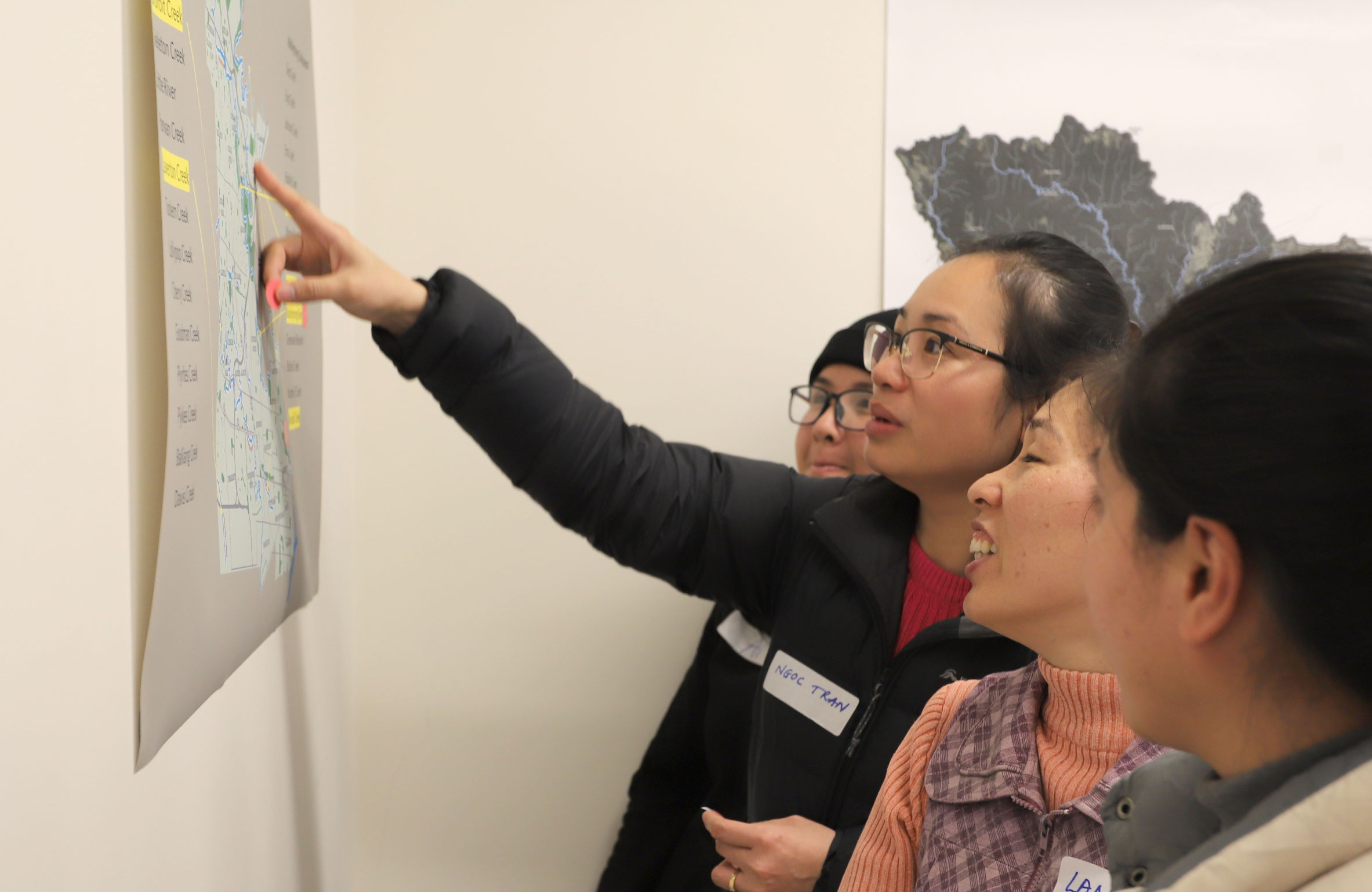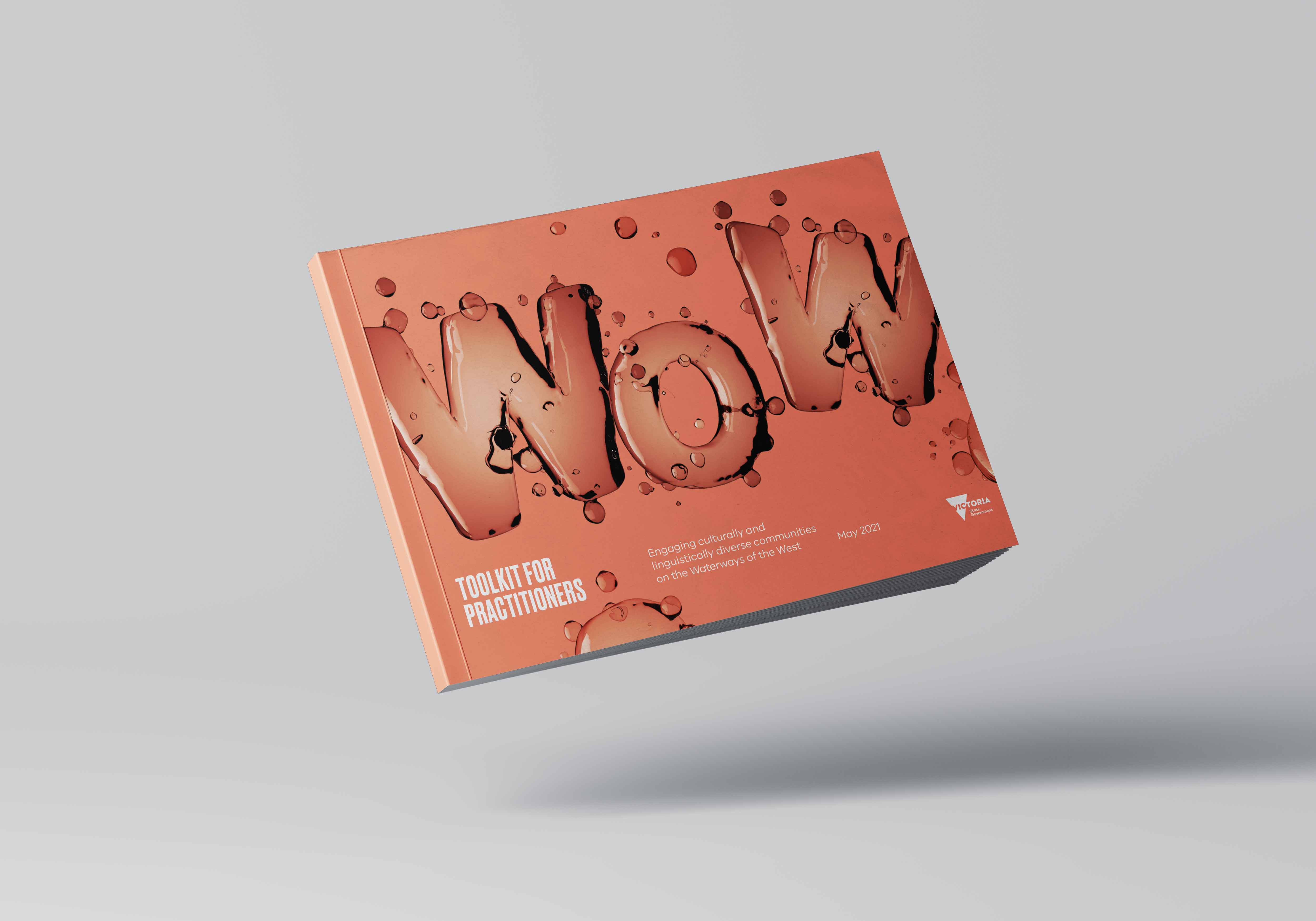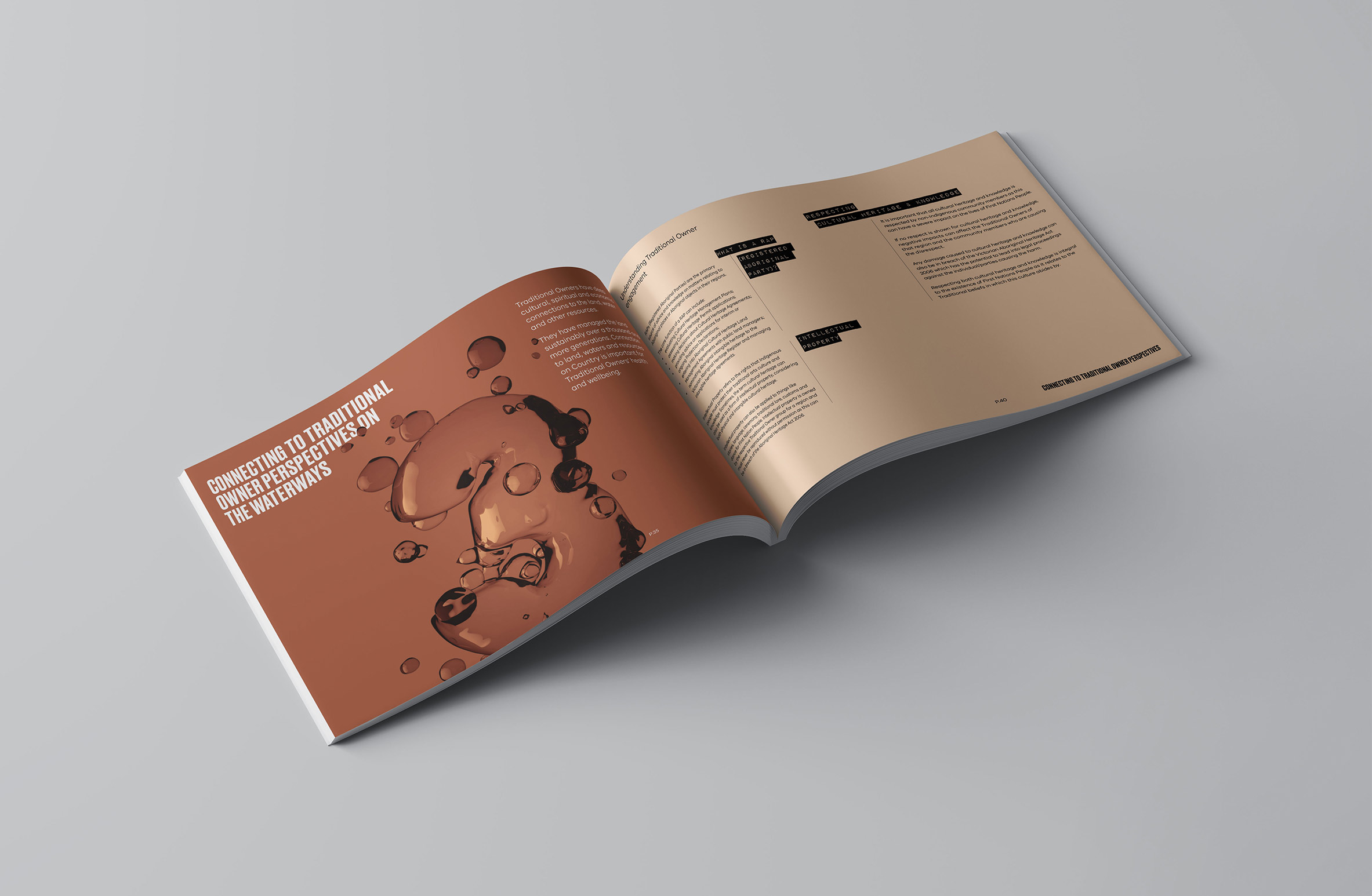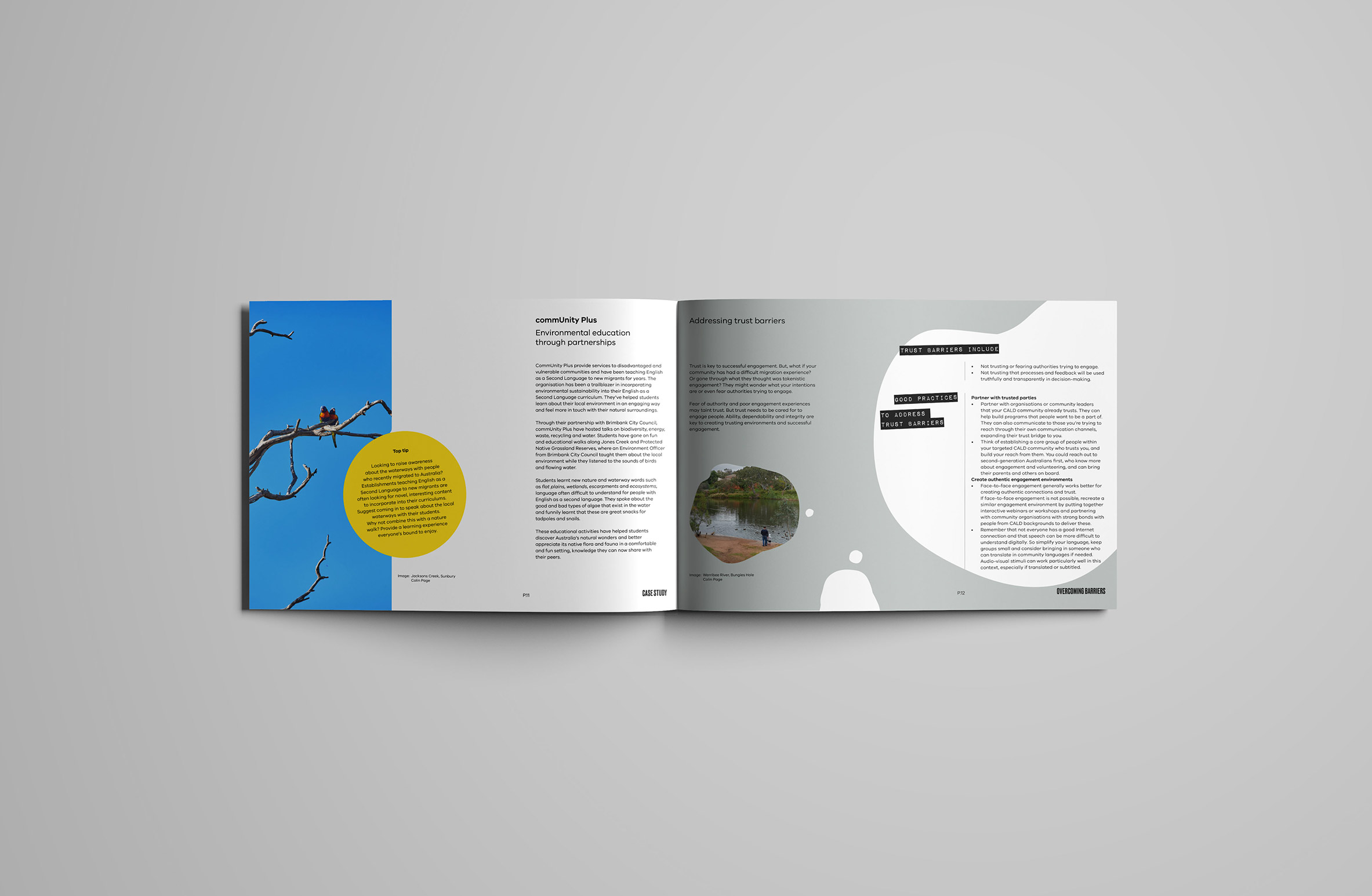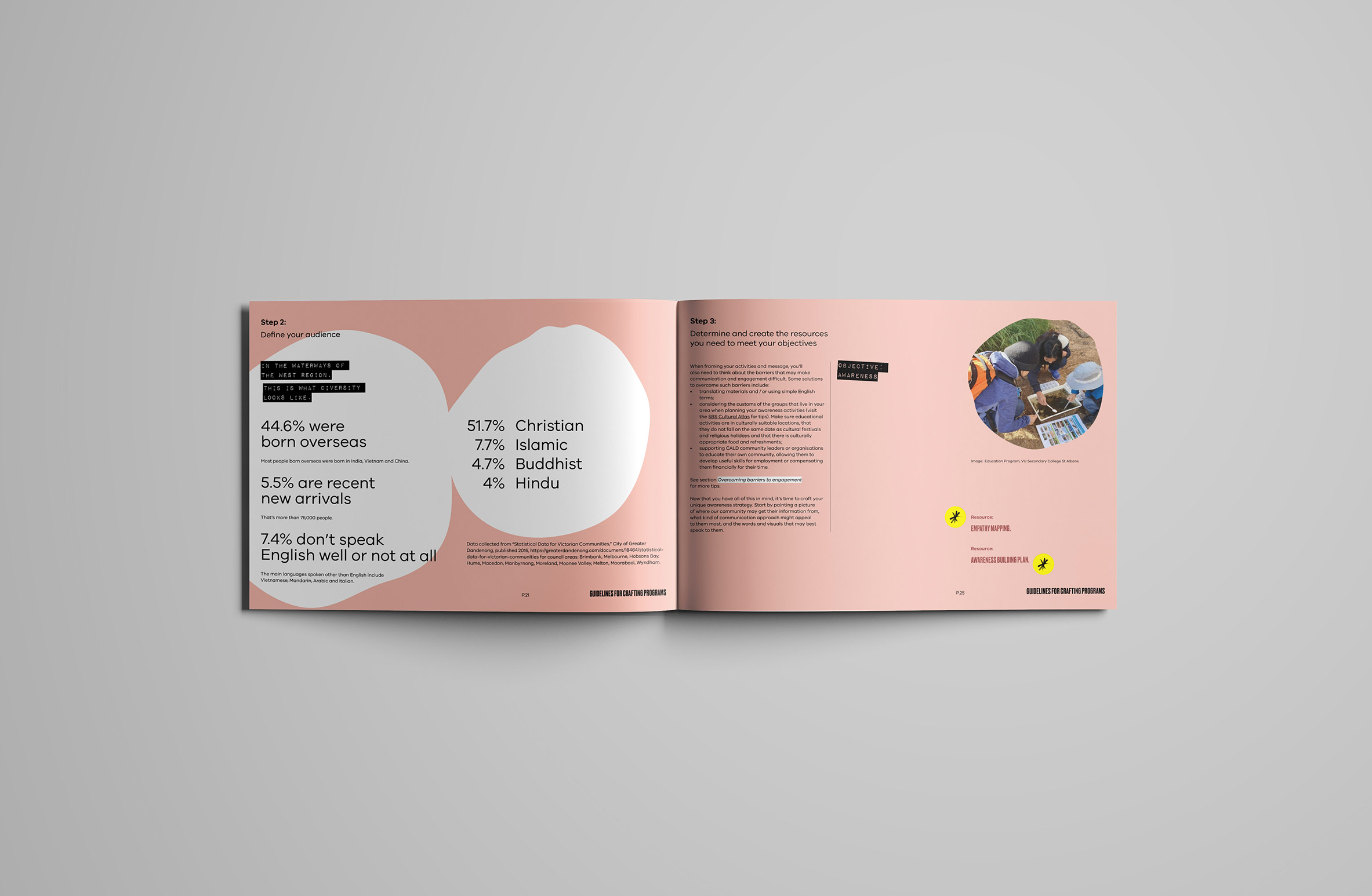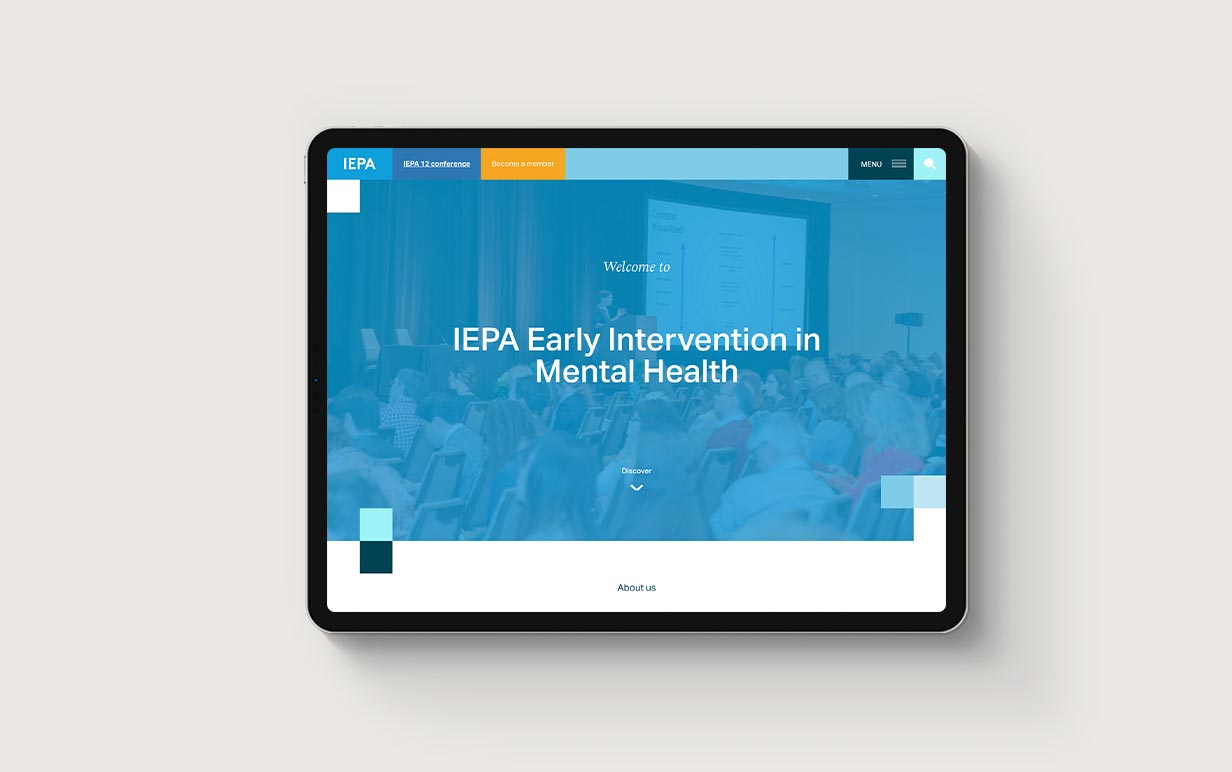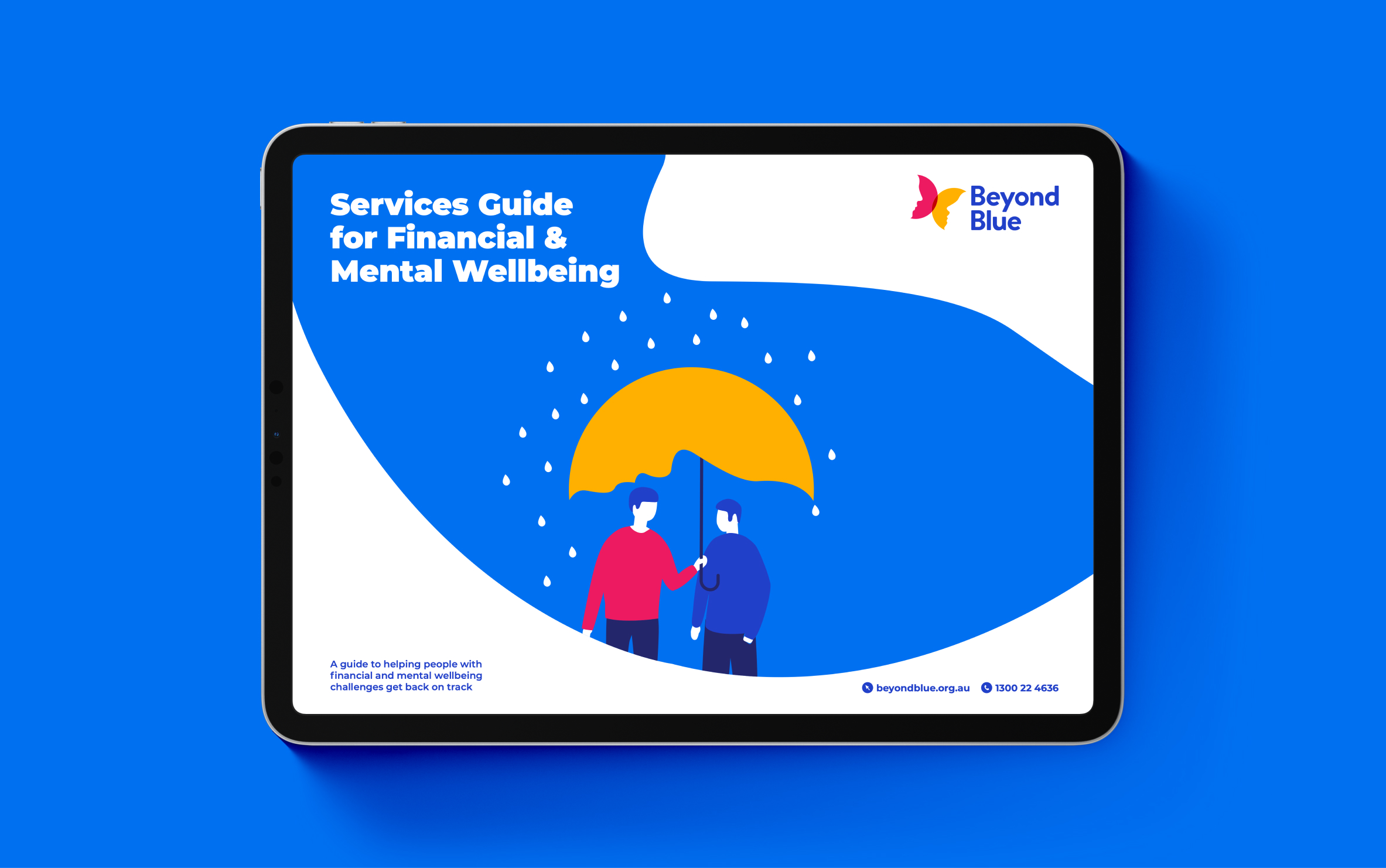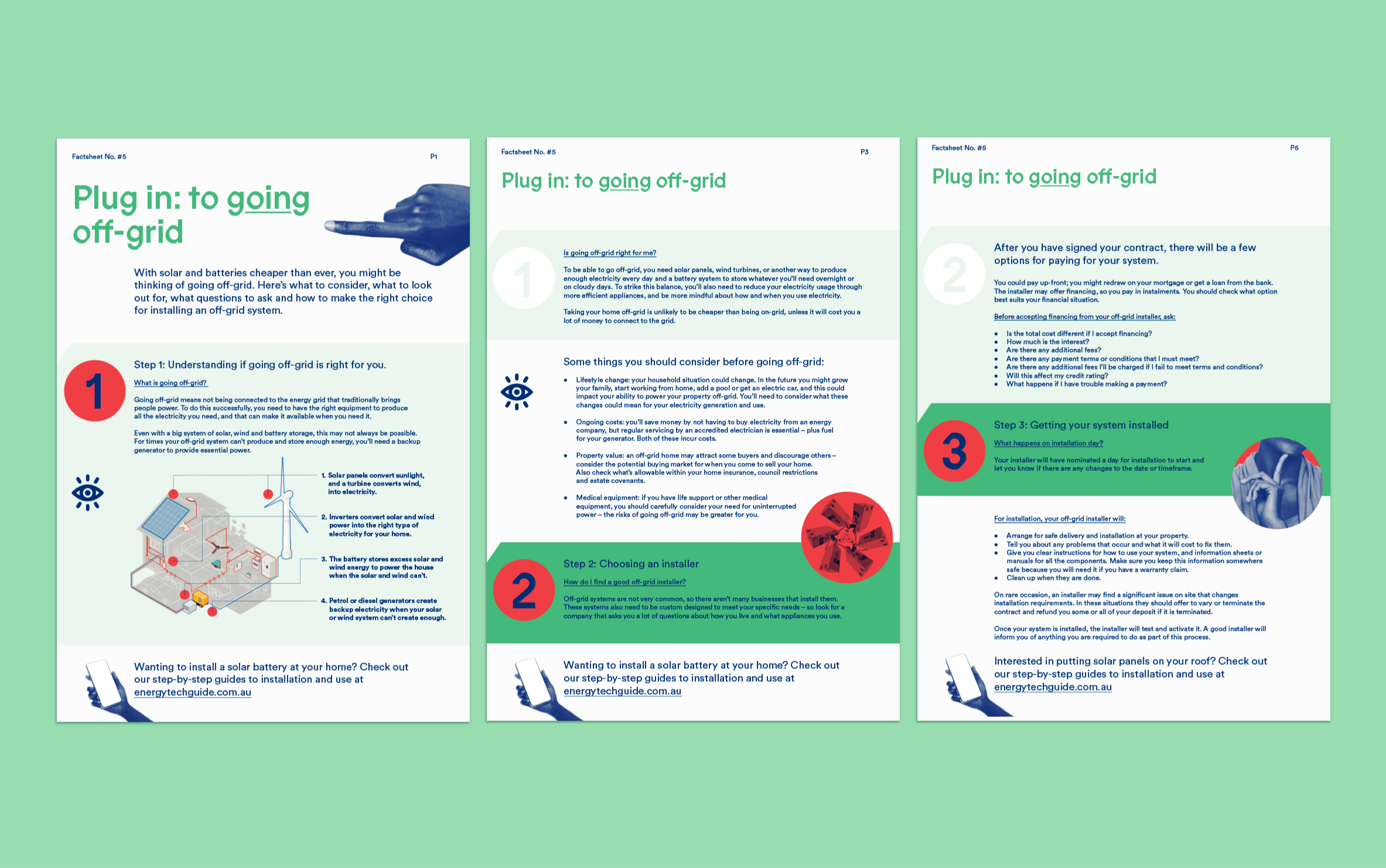Ensuring the voices of culturally and linguistically diverse communities are heard and valued.
Learn more about this project
Challenge
Waterways of the West is a community visioning and engagement initiative launched by the Department of Environment, Land, Water and Planning (DELWP), to ensure iconic waterways in Melbourne’s West are protected for generations to come. Ellis Jones was initially engaged in 2020 to organise the first phase of engagement programs with Culturally and Linguistically Diverse (CALD) communities, that would also inform DELWP’s future engagement with CALD communities. Once this phase was completed, Ellis Jones then conducted a research and co-design process to develop a toolkit that would guide practitioners on how to best engage with CALD communities on waterways use and management in Melbourne’s West.
Response
People from various cultural backgrounds live in the West of Melbourne, yet CALD communities do not commonly participate in broad-based community consultations. Ellis Jones led a community consultation to ensure the voices of the CALD communities were not only heard but valued. The consultation focused on the communities’ current relations with and future aspirations for the Waterways of the West.
The first step was to identify and contact the CALD communities of the West. Ellis Jones leveraged our established network and consulted with expert stakeholders on best-practice CALD engagement in the West of Melbourne.
Ellis Jones then designed, recruited and conducted four focus groups with members of the Vietnamese and New Migrant communities, who form a significant subset of those living in the West. Ellis Jones ensured the focus groups delivered a safe, comfortable and fun experience for participants to share their thoughts and experience on the waterways and on how to best consult with them in the future.
The design of the information presentation incorporated Traditional Owners perspectives and environmental perspectives of the Western waterways. Interactive engagement activities and visual aids were used to facilitate and promote discussions as English was a second language for participants.
Following the community engagement sessions, Ellis Jones conducted a deep analysis of the collected feedback and delivered an engagement report and presentation on findings to DELWP.
With this knowledge, Ellis Jones then helped develop pragmatic approaches, such as a toolkit, to assist CALD communities to enjoy the Waterways of the West safely and sustainably. A research, co-design and evaluation process with various stakeholders such as city councils, the Victorian Fisheries Authority, Melbourne Water and Wadawurrung Traditional Owners Aboriginal Corporation was carried out to help ideate, develop and finalise the toolkit.
Outcome
The CALD engagement process has:
- Helped inform the Waterways of the West community visioning process by incorporating CALD perspectives on waterway management and planning.
- Engendered a better understanding of how CALD communities interact with the waterways now and in the future and the extent to which their priorities align with the wider community.
- Increased awareness among two CALD communities from the West of Melbourne about the Waterways of the West consultation process, the relationship between Traditional Owners and the local rivers, and the issues relating to the future use and development of the rivers and surrounds.
- Strengthened DELWP’s understanding of barriers to broader CALD engagement with Waterways of the West processes and has identified possible avenues for future engagement.
- Led to the development of the CALD Engagement Toolkit which will help address the engagement gap in the waterway sector by providing a series of guidelines and resources to practitioners. This will also strengthen CALD communities’ ability to shape and care for the waterways moving forward.
